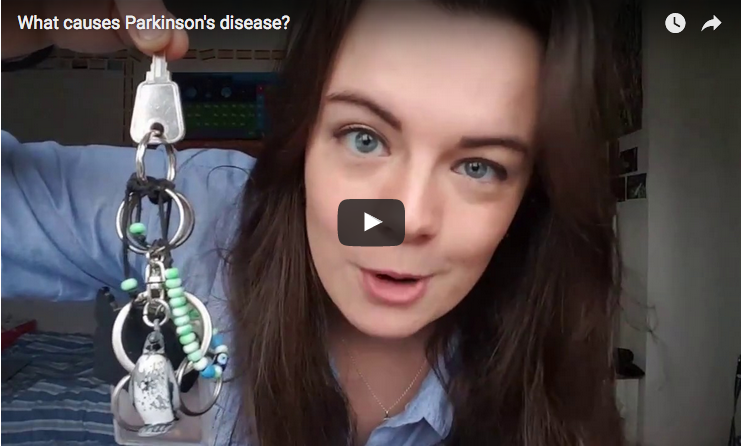Dopamine, Movement and Parkinson’s Disease
Written by |

Parkinson’s disease is a neurodegenerative condition which affects the central nervous system. Typically it strikes over 50, but young-onset Parkinson’s disease can occur in people much younger.
Discover the signs and symptoms of Parkinson’s disease.
The disorder is caused by the death of nerve cells in the substantia nigra region of the brain which leads to a reduction in dopamine. Source NHS.co.uk
In this science and biology vlog from Soph’s Notes, Sophie Ward talks briefly about how dopamine helps to control movement and how a lack of dopamine affects people with Parkinson’s disease.
This lighthearted video touches briefly on why those with Parkinson’s disease find it difficult to control their movement and the parts of the brain affected by the condition.
Find out more about dopamine’s role in Parkinson’s disease here.
Parkinson’s News Today is strictly a news and information website about the disease. It does not provide medical advice, diagnosis or treatment. This content is not intended to be a substitute for professional medical advice, diagnosis, or treatment. Always seek the advice of your physician or other qualified health provider with any questions you may have regarding a medical condition. Never disregard professional medical advice or delay in seeking it because of something you have read on this website.


